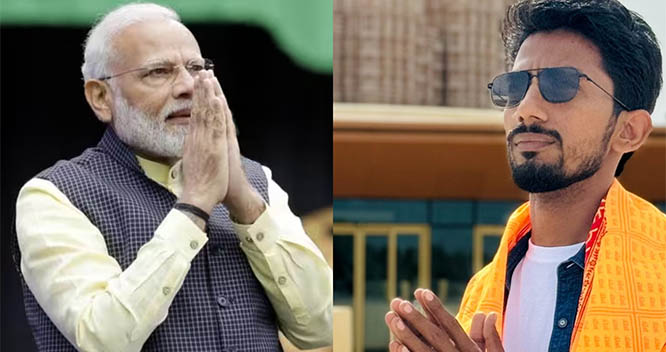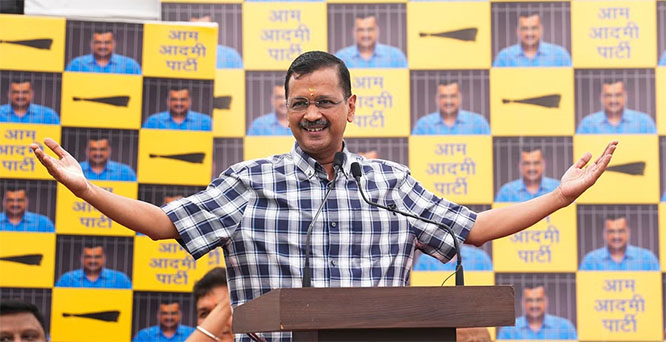New Delhi, Oct 12: The National Executive Council (NEC) meeting of Popular Front of India held at its headquarters in New Delhi stated that a series of seemingly liberalist and progressive judgments came from the apex court in recent months intensifies the apprehension among the religious minorities that they may pave the way for Uniform Civil Code.
A highly impactful judgment given by the Hon’ble Supreme Court of India was on the issue of religious conversion of Akhila to Hadiya and her subsequent marriage with a Muslim. On 9 April 2018, setting aside a Kerala High Court judgment which annulled the marriage, Supreme Court said that “the right to marry a person of one’s choice is integral to Article 21 (right to life and liberty) of the Constitution”. It was one of the most important judicial interventions in recent history of the country to protect the fundamental rights of ordinary citizens against powerful right wing forces who tried to block it.
The state interference in religious affairs is against the spirit Indian constitution. Consequently, every community has the freedom to practice their religious customs and personal laws. However, the judgment that upheld the 1994 Allahabad High Court verdict on the status of Mosque in Islam and on the entry of women in Shabarimala temple in Kerala were alarming interference in the religious affairs of the respective communities. At a critical juncture when the country is awaiting justice for the illegally occupied and demolished Babri Masjid,a judgment negating of essentiality of Masjid in Islam does not give a positive message. The concern that such judgments would be misused by a communally motivated government was reaffirmed by the passing of Triple Talaq ordinance in the name of Supreme Court verdict. Hence it is high time the Supreme Court come forward taking a clear stand that the Ayodhya Masjid-Mandir title suit would be dealt with as per records and not according to any religious faith. This has become an onus on the part of highest judiciary in the context of consistent statements by some unscrupulous leaders that Ram Mandir would be constructed on the site of demolished Babri Masjid at any cost.
The judgments decriminalizing homosexuality and adultery claim to protect individual freedom and privacy. It may be interpreted that Supreme Court is merely imitating permissive values and concepts, which have already resulted in the decline of family and other social systems. The same enthusiasm was not seen in protecting personal freedom and privacy of individuals while ratifying the government decision on Aadhaar. The majority judgment failed to see the danger in linking every citizenship rights and availing of government welfare schemes and services with Aadhar. Though most of the recent majority judgments were presented in the superficial language decorated with liberalism and progressiveness, they are borne with far reaching consequences ruinous to individual, family and society.
The National Executive Council of Popular Front applauded the commitment of the Supreme Court that is being repeatedly shown in all available contexts that the Indian constitution and its values are supreme. The meeting observed that at a time when overt calls and covert attempts are being made by those who control the centers of power to subvert the democratic and secular foundation of our constitution, this uncompromising constitutional commitment must be seen as the ultimate hope of India.
The three days meeting of the apex body of the organization discussed the socio-political situations prevailing in the country. The meeting also reviewed the activities of the organization in different states. The determination and steadfastness shown by Popular Front leaders and activists of Jharkhand state in the aftermath of organization’s ban was commendable. The meeting has applauded the High Court decision that revoked the ban and urged the state government to ensure freedom of association in Jharkhand. The proposal by the Community Development Department to allot Rs. 15 million for post-metric scholarship during the academic year 2018-19 was approved.
Chairman E Abubacker presided over the meeting. Vice chairman O M A Salam, General Secretary Mohammed Ali Jinnah, Secretaries Abdul Wahid Sait, Anis Ahmed and other NEC members attended the meeting.








Comments
Add new comment